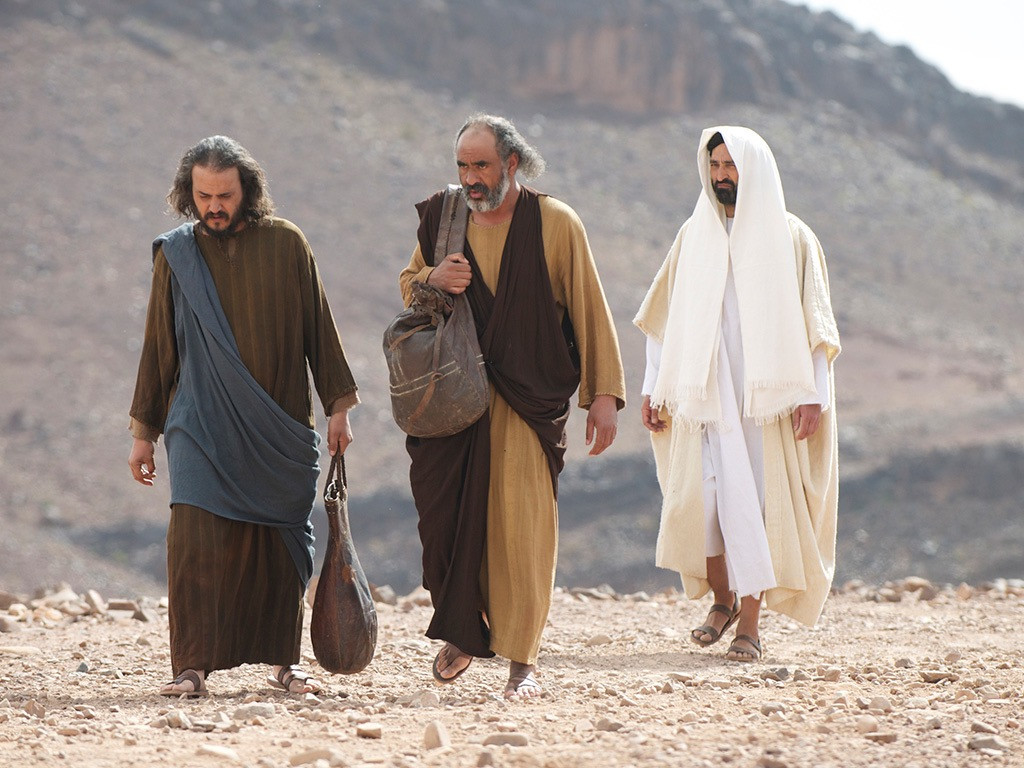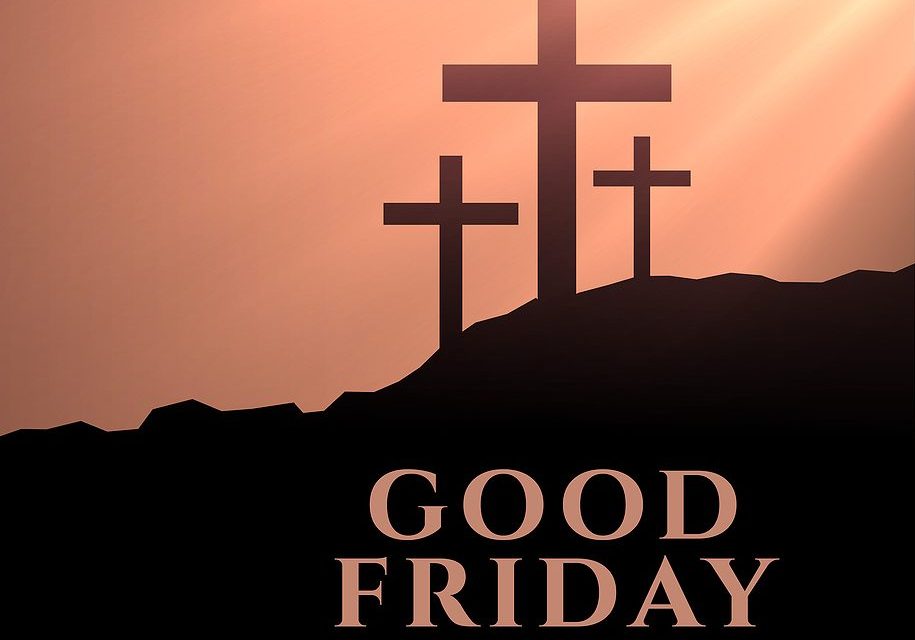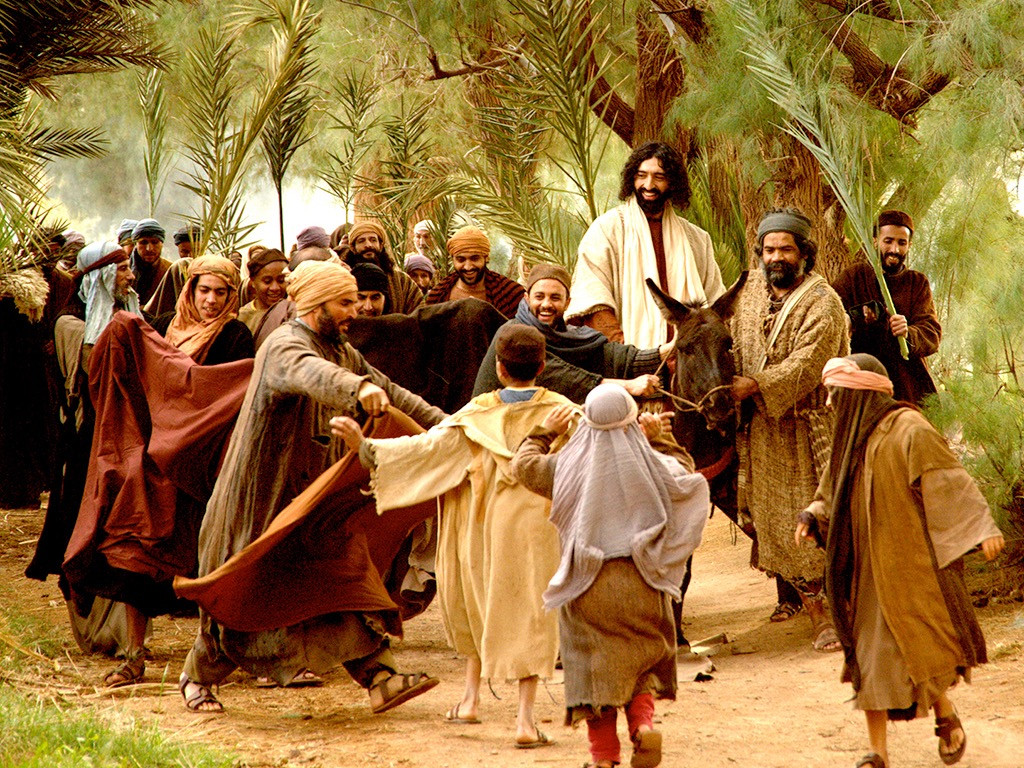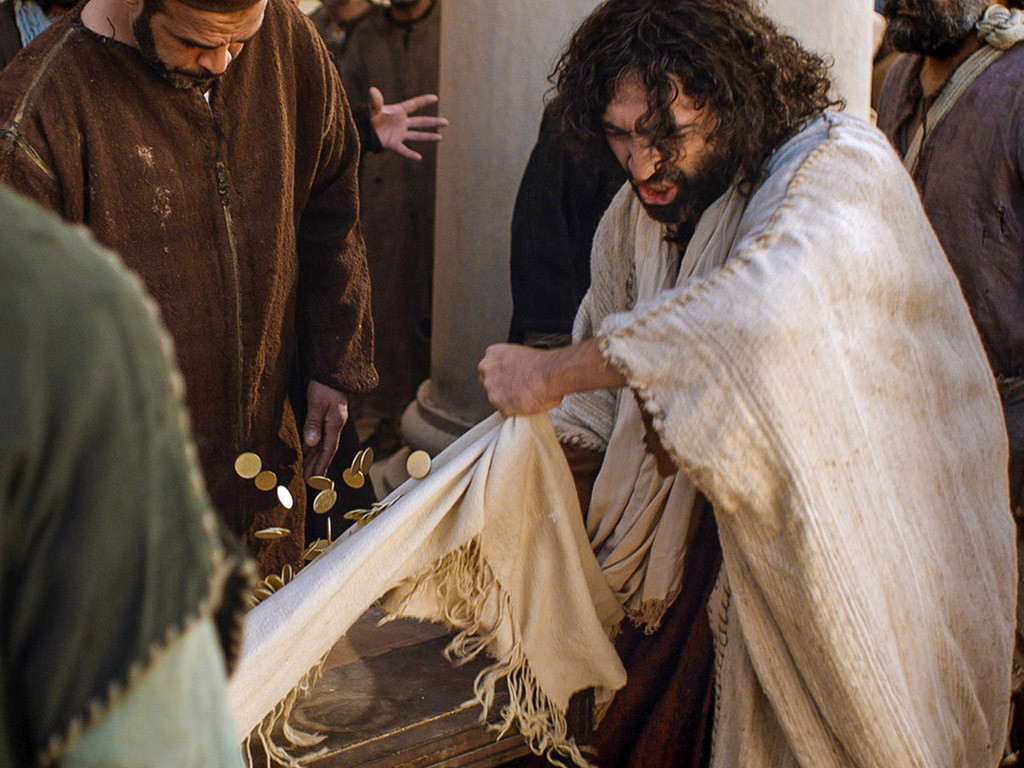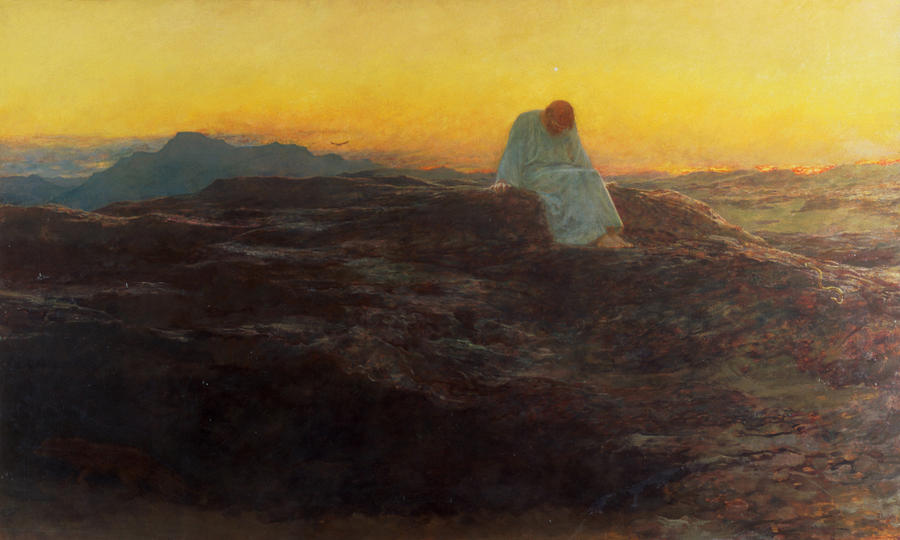:max_bytes(150000):strip_icc():format(webp)/france-grapes-ready-for-harvest-545857681-57b053b53df78cd39ccfc740.jpg)
Grapes are a wonderfully versatile fruit. While being delicious eaten fresh, they form excellent dried fruit (think raisins, sultanas) and their juice forms the basis of many fine table and fortified wines. Grapevines are quite tough and will grow in a variety of climates from cool to warm and in different types of soils. It’s no surprise, then, that grapevines are planted widely across the world.
In the Hebrew Bible the vine is often used as a symbol for Israel (e.g. in Psalm 80). The prophets use the image to illustrate the faithlessness of Israel, showing how God took a vine from Egypt, planted and tended it, and came looking for good grapes yet found either no fruit or wild grapes. As a result, Israel will face God’s judgment.
In John’s Gospel, Jesus calls himself the true vine (John 15:1) who produces the sort of fruit that God seeks. His followers are the branches of the vine. So long as they remain connected to Jesus, the source of their life, they will be fruitful. But if they lose touch with Jesus and his ways, they will become worthless branches only useful for firewood.
While we may become anxious about how fruitful our lives are and how well we are holding onto Jesus, the comforting truth is that Jesus is holding strongly onto us at the same time. The fruit we produce – love, kindness, joy, generosity and so forth – develops as we trust in Jesus and in the presence of God’s Spirit at work in our lives. Grapes tend to come in bunches, so our fruit is more easily seen and appreciated as we work together. What sorts of delicious and satisfying fruit are you and your community producing?

